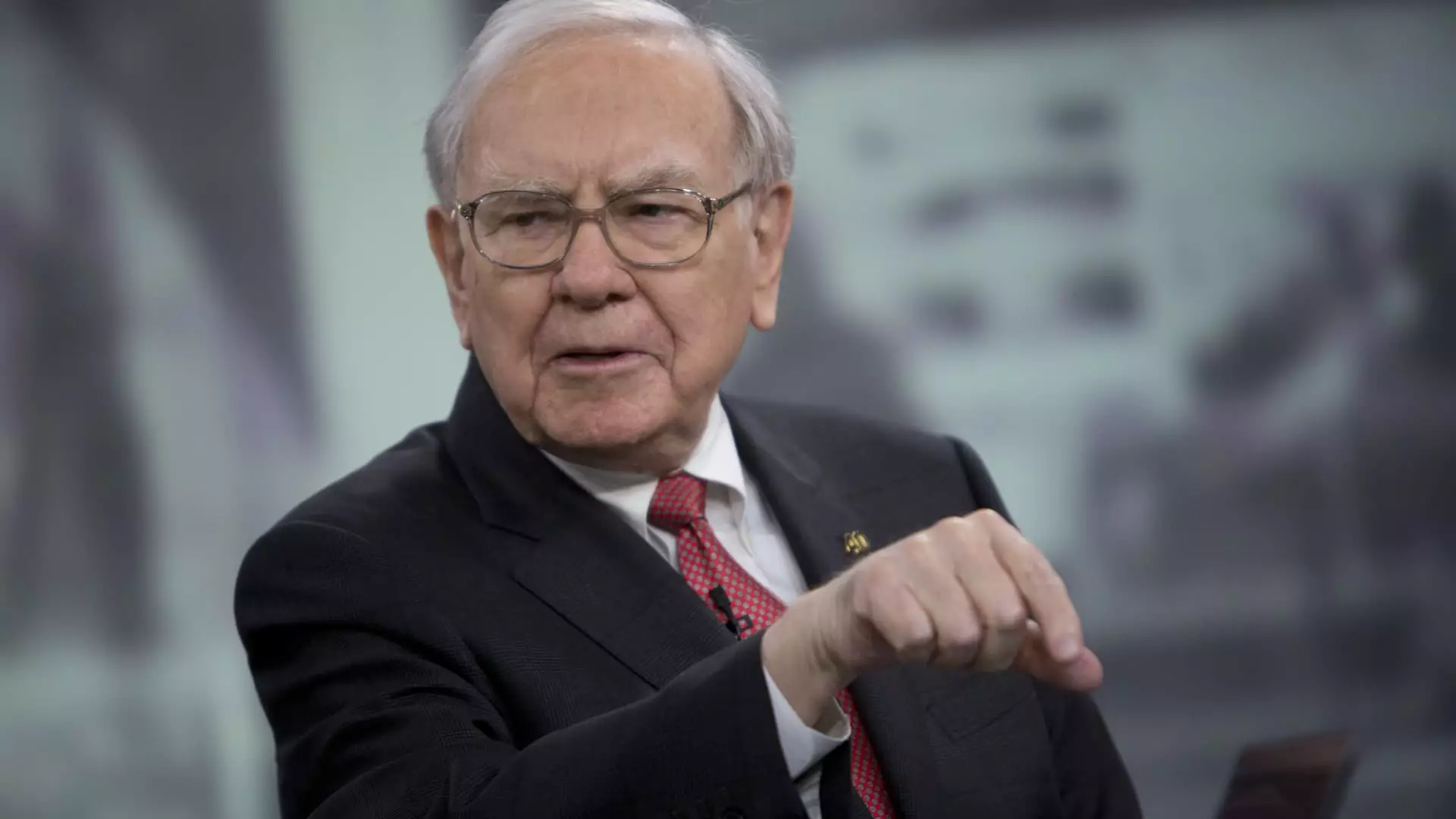Gold has recently been experiencing a rally as demand for safe havens surged amid geopolitical tensions in various regions across the globe. However, despite this trend, one of the most prominent critics of gold is Warren Buffett. The Oracle of Omaha has been quite vocal about his dislike for gold, citing several key reasons for his stance.
One of Buffett’s main arguments against gold is that it doesn’t produce anything of value. Unlike other investments like stocks, businesses, farms, or real estate, gold is incapable of generating profits or increasing output over time. This lack of productivity makes it challenging for Buffett to see the intrinsic value in holding onto gold. Additionally, he highlights that gold’s value is largely based on speculation and is challenging to measure accurately.
While gold does have some industrial and decorative uses, Buffett emphasizes that the demand for these purposes is limited and cannot absorb the vast amounts of new production. This limited utility further diminishes gold’s appeal as an investment in Buffett’s eyes. He points out that even if one were to hold onto an ounce of gold indefinitely, its physical properties would remain unchanged, making it a stagnant asset.
Buffett’s investment philosophy revolves around acquiring assets that have the potential to increase in value over time. He prefers investing in businesses, farms, or real estate that can grow output and generate profits, even in inflationary environments. Buffett believes that owning productive assets provides more tangible benefits and long-term value compared to holding onto non-productive assets like gold.
Buffett views gold as a way for investors to bet on growing fear among the general populace. He argues that the primary motivation behind purchasing gold is the belief that fear will intensify in the future. By investing in gold, individuals are essentially going “long on fear,” banking on the idea that heightened anxiety will drive up the value of the precious metal. This speculative nature of gold investing is a key reason why Buffett remains skeptical of its long-term prospects.
Despite his vocal criticism of gold, Buffett did make a significant investment in silver during the late 1990s. Berkshire Hathaway acquired 129.7 million ounces of silver as part of a strategic buying spree. Buffett’s decision to invest in silver was driven by a decrease in bullion inventories, indicating a potential imbalance between supply and demand. Unlike gold, Buffett’s silver investment was not influenced by inflation expectations, emphasizing his strategic approach to commodities investing.
Warren Buffett’s critical view on gold sheds light on the limitations and uncertainties associated with investing in precious metals. While gold may serve as a temporary safe haven during times of geopolitical unrest, its lack of productivity and speculative nature make it a less appealing long-term investment option for Buffett. Instead, he advocates for acquiring productive assets that can generate value and withstand economic fluctuations over time.

